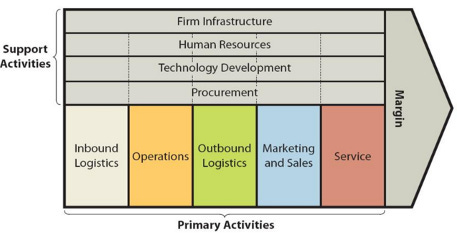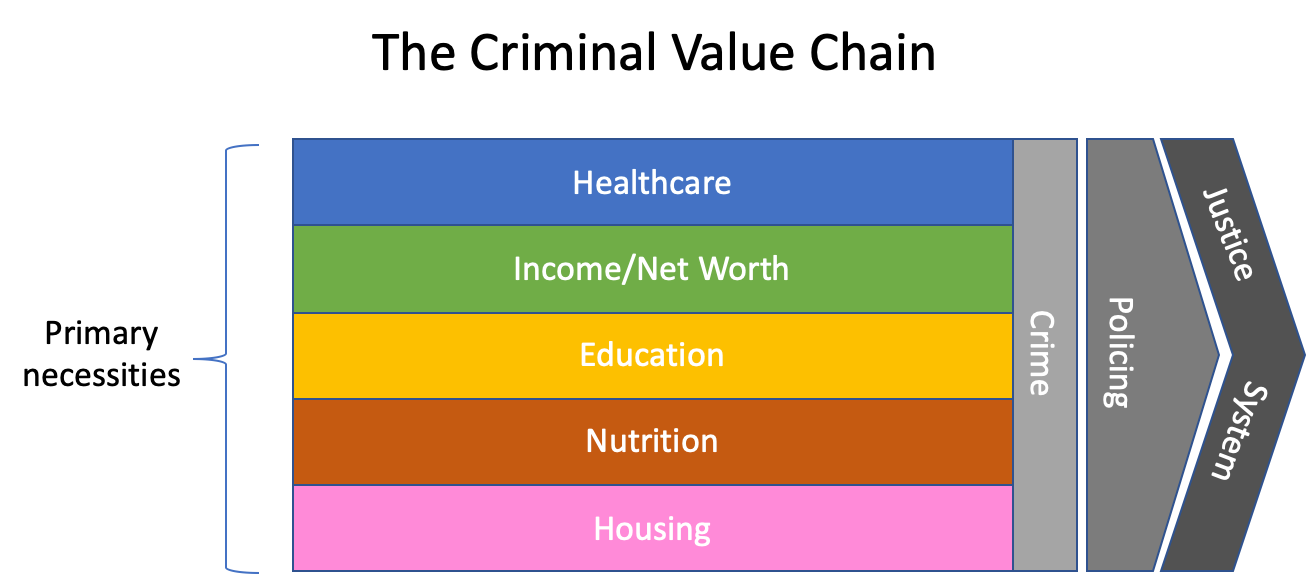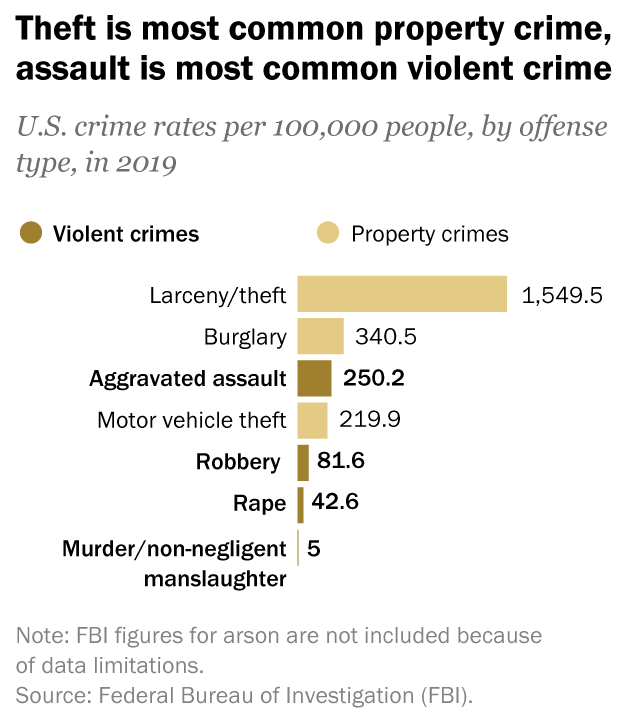Yves here. Even when it was a hot meme, “Defund the police” was obviously not likely to go anywhere. It vagueness allowed for opponents to define what it meant. But even worse, some advocates were calling for the extreme measure of eliminating police funding. The problem with that stance is that even with their many problems, police also do useful things like intercede in domestic violence cases and arrest drunk drivers. Many members of the public want cops around to reduce the level of criminal activity.
Halst below suggests addressing poverty as a first line measure for reducing crime. Perhaps I missed it, but if anyone on the political soi disant left suggested that as an alternative to defund the police, it was not amplified. Let’s go back to the first high profile case of black murder by cop, Eric Garner. Why was he arrested in the first place? For allegedly again selling single cigarettes outside New York City’s strict cigarette tax regime (he was out on bail on that charge). Even if true (Garner denied at the time of his fatal arrest that he was selling cigarettes), do you think vending single cigarettes would even be an activity on a scale that would get police attention in the absence of significant poverty?
By Jared Holst, the author at Brands Mean a Lot, a weekly commentary on the ways branding impacts our lives. Each week, he explores contradictions within the way politics, products, and pop-culture are branded for us, offering insight on what’s really being said. You can follow Jared on Twitter @jarholst. Originally published at Brands Mean a Lot
What’re your favorite chains? Restaurant chains? Chain Smoking? Chains of command? Mine are value chains, which will be today’s topic (my actual favorite chain is Taco Bell).
A common misconception in politics is that successful business leaders will be successful politicians. The core assumption being that the skills required to successfully oversee a large business and make a profit map nicely to running the vast bureaucracies and budgets of various levels of our government. This line of thinking has wrought us several business-politicians (these are just the ones which come top of mind): Mitt Romney, Michael Bloomberg, John Hickenlooper, Donald Trump, Mark Warner, and of course our beloved Ross Perot. (If you’re reading this and aren’t old enough to remember Ross Perot, please forward this newsletter to your friends because I would love to get Brands Mean a Lot into the hands of your hip and young generational cohort).
As business leaders, these people are assumed to understand the economy, which depending on who you ask and how you ask it can mean many different things. Even when politicians were just lawyers, community organizers, teachers, or policy wonks in their previous lives, it’s expected they’ll understand and improve the economy and run aspects of government–if not all of government–like a business. How often are we reminded that the Post Office loses money, or that the national debt is too high, or that the deficit is too great? Nevermind that it’s not necessary to have a profitable Post Office, it’s okay to have national debt (it sure helps that the dollar is the world’s reserve currency), and the deficit doesn’t need to be eliminated. The goal, like a business, is to have excess money (profit) when it comes time to report the numbers.
Given the business ethos by which many look at governing, it’s surprising more profit-maximizing frameworks aren’t used as frames of reference for improving crucial issues. One such popular framework used to harness profit is the ‘value chain’–the sequence of steps a business undergoes in the process of producing a final product.

A standard business value chain. Source: Michael Porter and Harvard Business School.
Decades-long calls for police reform have been turned even louder after the recent murder of Tyre Nichols at the hands of Memphis police officers, and President Biden chose to address those calls in his February 7th State of the Union speech. Although the value chain framework can map nicely to many of today’s issues; I found it maps particularly well to how we can change our thinking about policing. While using business as a proxy for government is misguided, we’d be better served if rather than an entity unto itself, policing were treated as an interdependent part of a criminal value chain.
In the speech, Biden shares recent police reforms which, with the help of Congress, have been recently implemented. These reforms treat policing as an independent entity, which rather than solve the issue of police violence, only fix it at the margins.
In fairness to Biden, he does at least acknowledge the need for police reform:
Let’s come together and finish the job on police reform.
He even goes on to propose some decent solutions!
More resources to reduce violent crime and gun crime; more community intervention programs; more investments in housing, education, and job training.
But then, he gets to the solutions which our government’s actually put into place:
I signed an executive order for all federal officers banning chokeholds, restricting no-knock warrants, and other key elements of the George Floyd Act.
Banning chokeholds, restricting no-knock warrants, implementing body cams, and use of force reporting imply that policing, and the tactics it employs, exist outside of crime. Rather, these tactics are the final part of the crime value chain, which began many steps earlier.

Source: Me! I did this!
In the framework I’m proposing, these basic needs have taken the place of ‘support’ and ‘primary’ activities in a traditional value chain. Nonetheless, the idea remains the same: each contributes, in some vague chronological order, to the final product: crime.
The argument I’m making for this framework is contingent on understanding that a very large proportion of the crimes committed in the US could be prevented with a more equitable distribution of money, nutrition, property, housing, education, and healthcare. If necessities aren’t being met, then crime becomes more appealing. Not to mention, when necessities aren’t being met, stress goes up, which can lead to an increase in situational violence. While causation between crime and poverty isn’t perfect, there’s enough correlation to assume that reducing poverty would go a long way towards reducing crime. A 2018 study entitled “Work and opportunity before and after incarceration” from the Brookings Institute found that:
Three years prior to incarceration, only 49 percent of prime-age men are employed, and, when employed, their median earnings were only $6,250. Only 13 percent earned more than $15,000.
Meaning, most prime-age men who commit crimes earn less than $15,000 a year. There are other studies and reports documenting similar connections, but I found the fact above to be the most concise and illustrative.
What’s more is that the majority of crimes committed in the U.S. are property crimes. ‘Property crimes’ is essentially a euphemism for various types of theft including vanilla theft (duh), burglary (theft but with violence), and motor vehicle theft (theft but specifically having to do with motorized vehicles).

Source: Pew Research
Again, correlation and causation, etc, but the fact that the vast majority of crimes committed are people taking things from other people implies most of these people’s needs aren’t being met.
Alternatively, I guess you could believe vast amounts of people are pathologically inclined to steal and coincidentally those same people, on the whole, have very little of the aforementioned necessities. That seems weird to me but I guess we’re all just shoppers in the marketplace of ideas.
The traditional value chain, along with my own, ultimately strive for the same thing–better outcomes. Like most frameworks, these are general to the point of being useless until applied. Treating the government like a business may not be the best way to measure successful governance, but that doesn’t mean we can’t find some useful tidbits from dusty MBA textbooks.
Sound off about your favorite chain in the comments.



The intoxication wasn’t all-pervasive. Black Agenda Report was critical of an abolitionist approach to policing for the reasons you cite, Yves. Alex Vitale’s ‘The End of Policing’ sorted through police mission bloat and found five to ten percent of their work to be necessary.
People want Government to operate more like a business!!!
brings to mind a few questions.
What type of business…service, product, trade, finance, predatory, speculative, vapor ware, carnival, scam or crime etc.?
How is the business run…..flat, vertical, siloes, ciminal, pyramid, fraud etc. with special interests, special advantages
What is the success and failure rate of any new business???
What type a value chain….what values and how measured, to who’s benefit is the value etc?
Great article by Jared Holst. Thanks, Yves!
I want the FBI chart for violent crimes and property crimes committed for the enrichment of Americans with a net worth of more than $100 million. These would be crimes committed with their investments. Let’s see:
Property crimes would include investments in oil, gas, chemicals, plastics, agri-business, real estate.
Violent crime would include investments in health insurance, pharmaceuticals, private equity, prisons, political campaigns.
Of course this is by no means an exhaustive list. It’s admittedly painting with a broad brush and these two large criminal categories are not mutually exclusive; there’s a lot of violence in property crimes, and plenty of property interests mixed up in these types of violent crime. Environmental crimes and wage theft, for instance, are endemic throughout both categories.
And my imaginary chart leaves aside entirely the disproportionate share of goods, services and real estate the subject population consumes themselves, leaving less for everyone else. But surely that’s chump change compared to the vastly larger crime of how they make, perpetuate and grow their fortunes.
Great point Carla. This little innocent seed just planted by Jared Holst is gonna grow exponentially in our thinking. Maybe a nice flow chart of economic hypocrisy… it wouldn’t take too many reams of paper would it? This guy, whoever he is, is Yoda.
Hoe about “police the police”? Or go corporate, and “rightsize the police”. Not to mention qualified immunity (or was it impunity?).
As for reducing the poverty that breeds crime, the solution that comes to me is MMT job guarantee like a modern Civilian Conservation Corp.
Hmm, property crimes. “What is breaking into a bank, compared to founding a bank?”
Running government like a business to me sounds like making sure violence stays in service to predatory private profit. Whether it is police, or people striking out on their own, it’s good to know the victims are the same, at least everyone is on the same page, and we know where we stand.
If you see the 13th Amendment’s subordinate “except as” clause as expansion of Slavery, privatizing convict labor leasing; precariate subjugation, police murder & asset forfeiture/ debt collections, union busting, enforce rentier extraction & red-lined segregation of races to be essential to maintain the status quo. Paying indentured sharecroppers to subjugate & extract value from ex-slaves by making everything they do a crime; that’s rendered invisible to any petit bourgeois iPhone clutching liberal. It is something beneath their dignity to notice, recognize, let alone comprehend from the victims’ perspective. DENIAL & media tropes, are all our betters have, to insulate them from acknowledging culpability?
people want to work with their hands and minds. i worked in a black sand foundry in my youth that employed about 540 people in three shifts. it was a huge place, at least a city block or more. it paid well, it was union.
i worked with functioning alcoholics, drug addicts, racists, immigrants, black panthers, a few wife beaters. a few on parole, etc.
if it was not for that foundry, many would have ended up in jail or dead.
after nafta was signed, most of that work is now gone in mpls/st. paul, like almost every where else in america.
you really have to know why we are where we are at today in the U.S.A.
None of these ideas are new of course and back when crime was more of a national obsession there was lots of talk about making our police more like the then (no longer?) unarmed British Bobbies who walked a neighborhood beat (“flatfoots”) rather than cruise around in computerized combat vehicles. Defund the Police is merely a way of demonizing the problem rather than fixing it.
But switching to gereralized social reform breaks some very big rice bowls like that of billionaire Soros so better to pretend rightwingers are the source of all the mahem. Where I live crime is less of a problem and personally I wish the cops would go back to doing more traffic enforcement. It occurs to me that one reason I now see so many cars with missing front bumper covers is that all that tailgating and stop sign running is resulting in lots of front end collisions. And for poor people those expensive plastic bumper parts are likely a heavy load to replace.
We may all have to switch to Mad Max bumpers like those moose catchers they have up in Maine.
… “walking a neighborhood beat,” dubbed–er, maybe I should say “branded,” community policing.
“A common misconception in politics is that successful business leaders will be successful politicians.”
———————————————-
A monumental statement of fact.
They will be successful alright – for themselves.
The link between poverty and unemployment and crime is clear. COVID19 lockout made a huge dent in employment in low income categories, and coincided with a significant spike in violent crimes, and the reverse dynamic was observed before. Widely distributed stress leads to financial/moral breakdown in most vulnerable individuals, so causality is not clear on individual basis.
However, the problems of police brutality and brutality in other parts of “justice system” are not clearly related to economic stress, the only causality I can see is that police may be more paranoid in those circumstances. And I suspect several vicious circles here, e.g. after terrifying stories, citizens of color are more inclined to flee, they are terrified, while paranoid cops shoot them. But how to explain cases of shooting or beating to death SLEEPING “suspects”, or incoherent “suspects”, people who behave erratically without presenting any danger, or “trying to flee”? There have to be more clear and nation-wide standards for police to reduce brutality to levels seen in other OECD countries, or Russia.
Judge Richard Posner explains how criminal justice works in our neoliberal milieu–“This means that the criminal law is designed primarily for the nonaffluent; the affluent are kept in line, for the most part, by tort law. This may seem to be a left-wing kind of suggestion (“criminal law keeps the lid on the lower classes”), but it is not. It is efficient to use different sanctions depending on an offender’s wealth.”
Nitpick: “burglary (theft but with violence)” is not correct. Burglary is stealing from premises which the burglar is not entitled to enter. It may involve breaking and entering but the burglar does not meet a victim. If he does it is robbery, but there is still no assumption of violence.
Yves, re your comment at the top, shifting funding from policing to public welfare and poverty alleviation is the entire point of the “defund the police” concept and police abolition in general.
I’m not sure which soi disant leftists you’re reading… but you might want to follow someone else 😇
Sorry, that was a obvious handwave.
Police spending is nearly all local, funded by property taxes (save for state troopers which to my knowledge have not/virtually never been the perps in high profile cases that have led to public outrage). Even public pension funds for police are designed and overseen locally. Even Medicaid, with joint Federal-state funding results in significant variations in the level of generosity and winds up being stingy in many states.
Anti-poverty programs are nearly always national due to design and implementation costs (there are scale effects) and the legitimate concern that fragmentation would lead to poor people within a region moving to the area with the most generous features. That is exaggerated v. the idea that the homeless move large distances say to wind up in CA (studies have shown that most homeless are from within the state) but a much more legitimate concern within a state.
It is very difficult to take a position based on no understanding of anti-poverty programs seriously.
Hmm. The United States is a deeply unequal society in which the police play a critical structural role in maintaining that inequality; I venture that this consistitutes a more fundamental structural obstacle to police abolition than our particular style of federalism.
In my reading, the thoughtful explanations of police abolition seem divided into what you might call a minimum/maximum approach. On the minimum / short-term side, the call is mostly for purely local changes that shift money from police to local public services, taking some steps in this direction. In Oakland, where I live, we spend more than half the city budget on cops; it’s easy to imagine a more pro-social budget. On the maximum long-term side, the messsge is that a better society is conceivable in which it wouldn’t be so necessary to enforce inequality through violence. On the Marxist left, at least, it’s generally agreed that this would require far more structural reimagining than “just” sorting out local/federal funding 😅. Of course just because something is hard to accomplish, doesn’t mean that it’s not moral or worth pursuing!
“Correlation and causation “.
People without jobs and/or money commit the most crimes. But whilst I want what the author is suggesting to be true, I can imagine some arguing that the reason they have no jobs and/or no money is that they don’t want to work and would rather just steal.
How does one refute this notion?
Give a test population money and/or jobs (or “jobs”) and see what they do. I believe this has been done experimentally, but I don’t know what the results were.